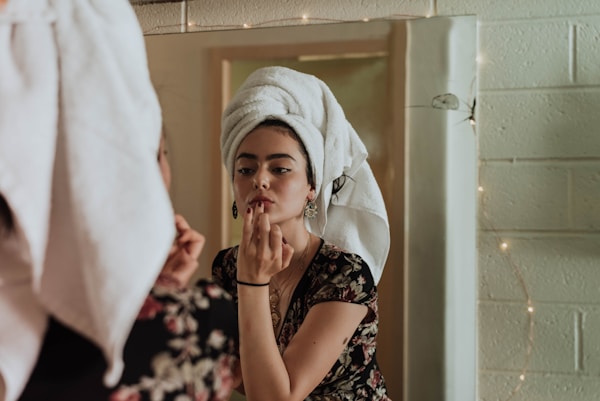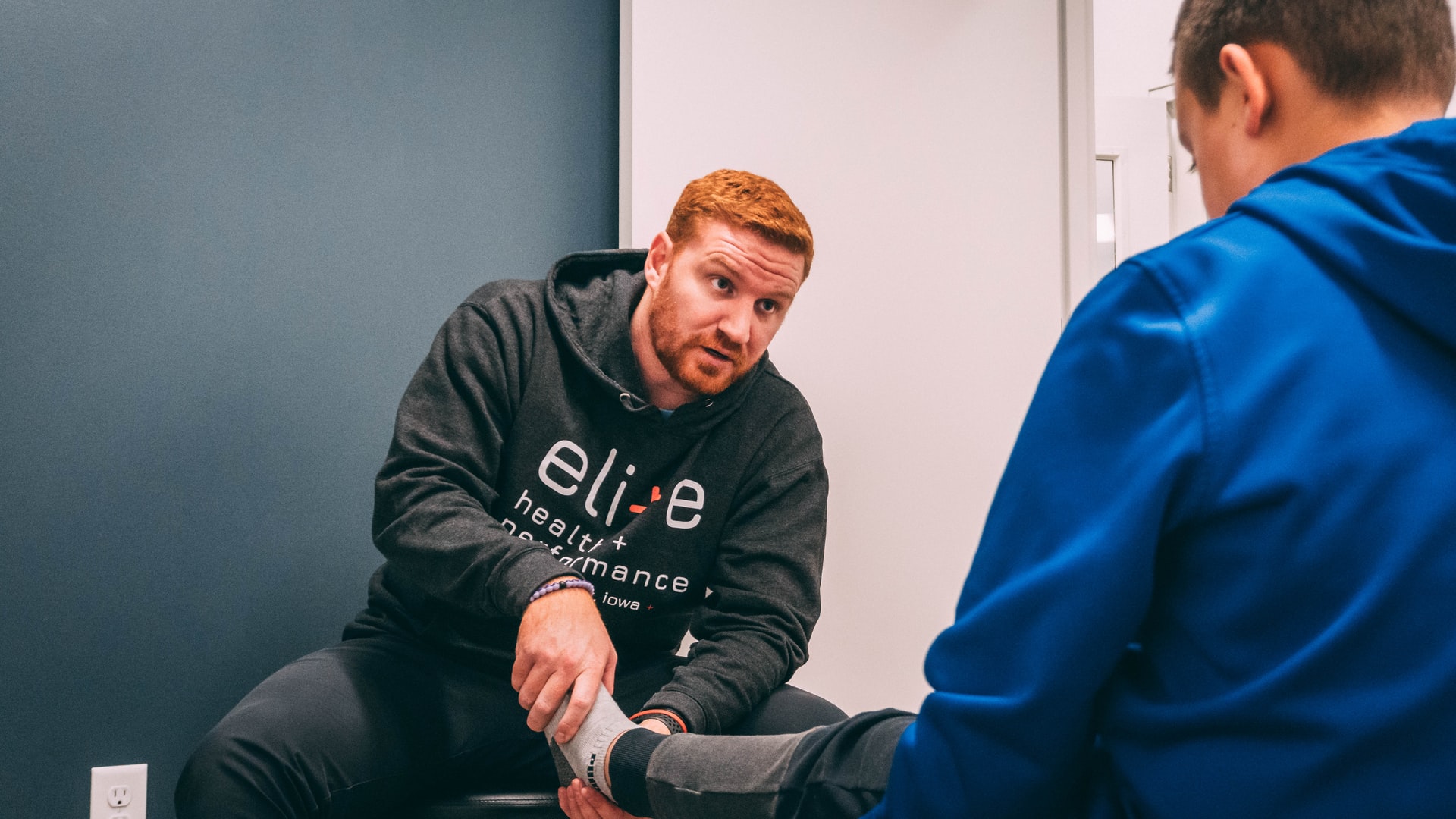One of the most important things you can do as you age is to take care of your skin. As you get older, your skin becomes thinner and loses some of its natural oils. This can make your skin dry, itchy, and more prone to wrinkles. Here’s a look at how your skin changes as you age and what you can do to keep it healthy. Keep reading to find out more.
The Appearance of Your Skin

The appearance of the skin can change as a person ages for various reasons. One reason is that the skin’s oil and sweat production decreases with age, leading to drier skin. Additionally, older skin tends to be thinner and less elastic than younger skin, making it more prone to wrinkles and sagging. The number of blood vessels in the skin also decreases with age, which can cause it to look paler. And finally, cumulative sun exposure over the years can cause age spots and other pigmentation changes.
There are some ways to make the skin look smoother than it actually is. Bellissima Laser Hair Removal is a technology used to remove hair by using a laser, creating a smooth surface of the skin. The number of treatments you need will depend on your skin type, hair color, and location of the hair. This type of laser hair removal can be used on any body part, including the face, legs, arms, underarms, and bikini area. Another way to improve the appearance of aging skin is to use moisturizer. Moisturizing can help keep your skin hydrated and help reduce the appearance of wrinkles.
Uneven Texture and Tone

The texture and tone of the skin change as we age. The skin can become more uneven in texture and tone due to several factors, including sun exposure, genetics, and aging. Sun exposure is one of the biggest culprits of uneven skin texture and tone. Over time, UV radiation from the sun can damage collagen and elastin fibers in the dermis layer of the skin, leading to wrinkles, sagging skin, and age spots. Genetics also plays a role in how your skin changes as you age. If your parents had dry or oily skin, you might find that your own skin changes as you get older. And finally, aging causes a decrease in the production of natural oils and sweat, leading to drier, rougher-looking skin.
There are ways to keep your skin’s texture look more even as you age. One method is to use vitamin C. For example, Lypo Spheric vitamin C is a delivery system for vitamin C that is designed to protect the nutrient from oxidation and degradation. The theory behind using vitamin C to fight the signs of aging is that our skin’s ability to produce collagen decreases as we age. This decrease in collagen leads to wrinkles, thinning skin, and other signs of aging. Vitamin C is thought to help increase collagen production and renew skin elasticity, which could help improve the appearance of aging skin.
Hormone Fluctuations
As people age, their hormone levels change. These hormone changes can have a significant impact on the skin. One of the most significant hormone changes that occur in women as they age is a decrease in estrogen levels. Estrogen is important for maintaining the skin’s youthful appearance. It helps keep the skin thick, hydrated, and elastic. A lack of estrogen can lead to a decrease in the production of collagen and elastin, which can cause the skin to become thin and wrinkles to form. Another hormone that changes as we age is testosterone. Testosterone is responsible for producing sebum, an oily substance that helps keep the skin moisturized. A decrease in testosterone can decrease sebum production, which can cause the skin to become dry and irritated. While these changes are natural, it’s important to increase your hydration and stay active to mitigate the impacts of hormonal fluctuations.
Changes in Elasticity
The skin is a dynamic organ that is constantly renewing itself. New cells are constantly being produced in the basal layer of the epidermis. Old cells are shed from the surface of the skin. The rate at which the cells are produced and shed is determined by a number of factors, including age, genetics, and environment. The skin becomes thinner and less elastic as we age. This is due to a decrease in the number of cells in the epidermis and a decrease in the production of collagen and elastin. Collagen and elastin are proteins that are responsible for the elasticity and strength of the skin. As the production of these proteins decreases, the skin becomes less elastic and more prone to wrinkling.
Skin changes are natural as we age. While there are ways to mitigate aging signs like wrinkles and texture, it’s important to remember that there’s beauty in the signs of aging too. With adequate hydration and healthy habits, you’ll look glowy and fantastic in your golden years.



